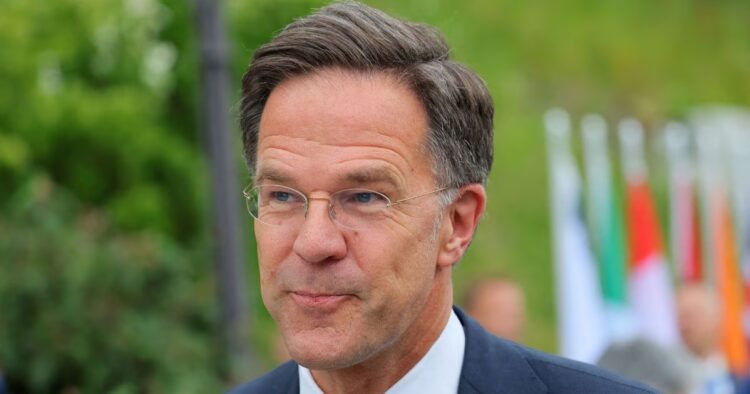Mark Rutte, the Prime Minister of the Netherlands, has been chosen as the next leader of NATO, the military alliance between North America and Europe. This decision was made on Wednesday at a meeting held in Brussels, where ambassadors from all 32 NATO member countries agreed on his appointment.
Rutte was the only candidate left for the position after Romanian President Klaus Iohannis withdrew from the race last week. Iohannis dropped out because he didn’t get enough support. Rutte will officially take over from the current Secretary-General Jens Stoltenberg on October 1. Stoltenberg has led NATO for ten years, starting in 2014 after Russia took control of Crimea from Ukraine.
Rutte has been the Prime Minister of the Netherlands for nearly 14 years. He announced his interest in the NATO position last year and quickly received support from major NATO members, including the United States, the United Kingdom, France, and Germany. After his appointment, Rutte expressed his gratitude, calling it a “tremendous honor” and emphasizing the importance of NATO for collective security in a post on X.
https://twitter.com/MinPres/status/1805888819226448246
Some Eastern European countries initially wanted the job to go to someone from their region. However, they eventually supported Rutte. Hungary and Turkey had objections at first but later agreed to back him. Hungary lifted its objections after Rutte promised that Hungary wouldn’t have to send personnel or funds for a new support plan for Ukraine. Turkey relented in April.
NATO makes decisions by consensus, meaning all member countries must agree. This rule applied to Rutte’s appointment as well, so he could only be confirmed once all members supported him. Stoltenberg welcomed Rutte’s appointment, praising him as a strong leader and a consensus-builder, and said he felt confident leaving NATO in good hands.
British Prime Minister Rishi Sunak also expressed his confidence in Rutte’s ability to keep NATO strong and united. Ukrainian President Volodymyr Zelenskyy praised Rutte as a decisive and principled leader who has shown strong support for Ukraine in the past.
Rutte faces significant challenges as the new NATO chief. He must maintain the alliance’s support for Ukraine in its fight against Russia without getting NATO directly involved in the conflict.
Rutte has been a vocal critic of Russian President Vladimir Putin and a strong supporter of Ukraine. However, the Kremlin has stated that Rutte’s appointment will not change anything from their perspective.
Another challenge for Rutte is the possibility of former US President Donald Trump returning to the White House. Trump’s previous stance on NATO, where he questioned the US commitment to defend other NATO members, has caused concern among NATO leaders.
Rutte’s leadership will be crucial in navigating these challenges and ensuring the alliance remains strong and united.

















Comments